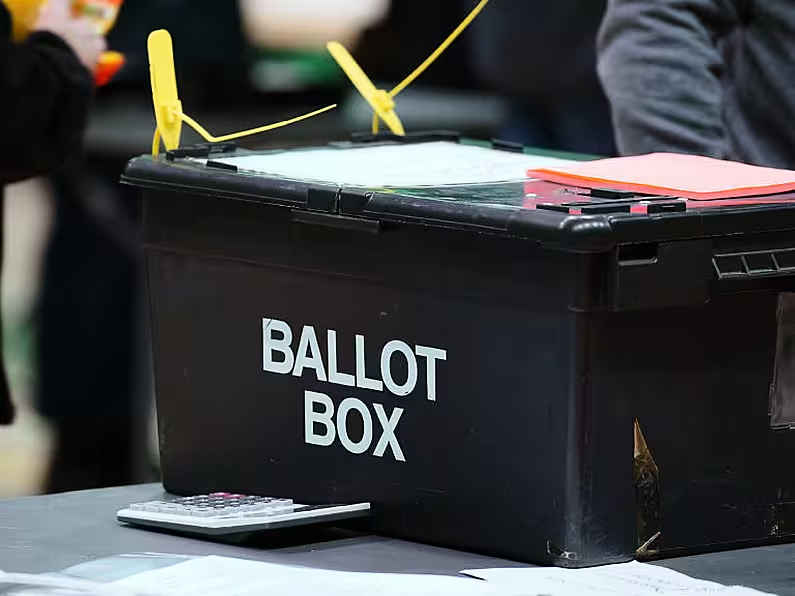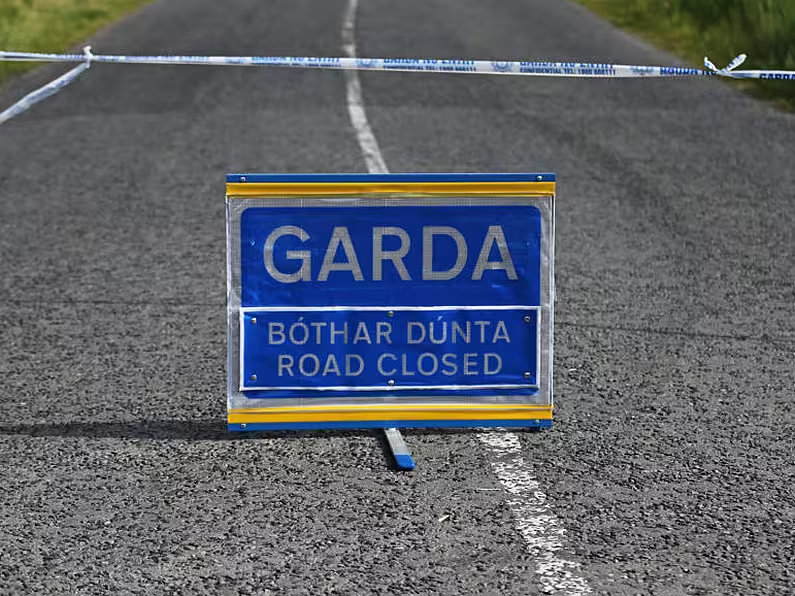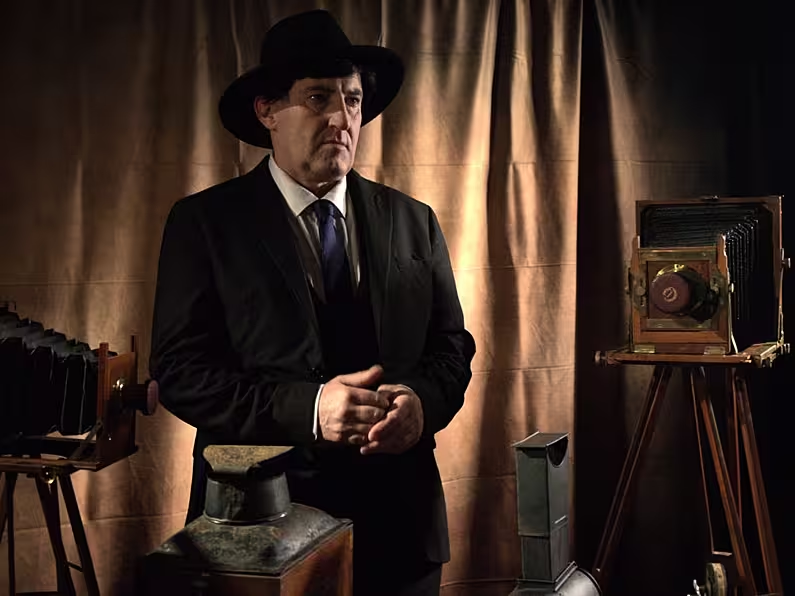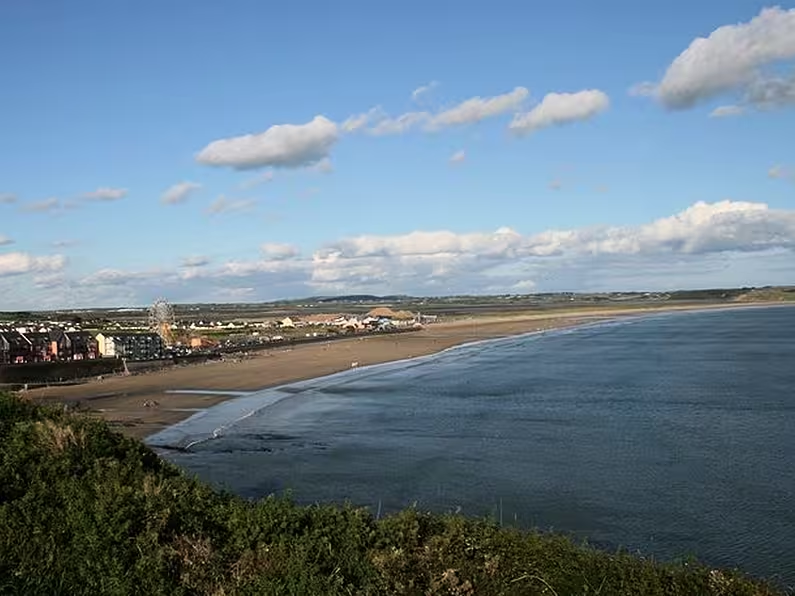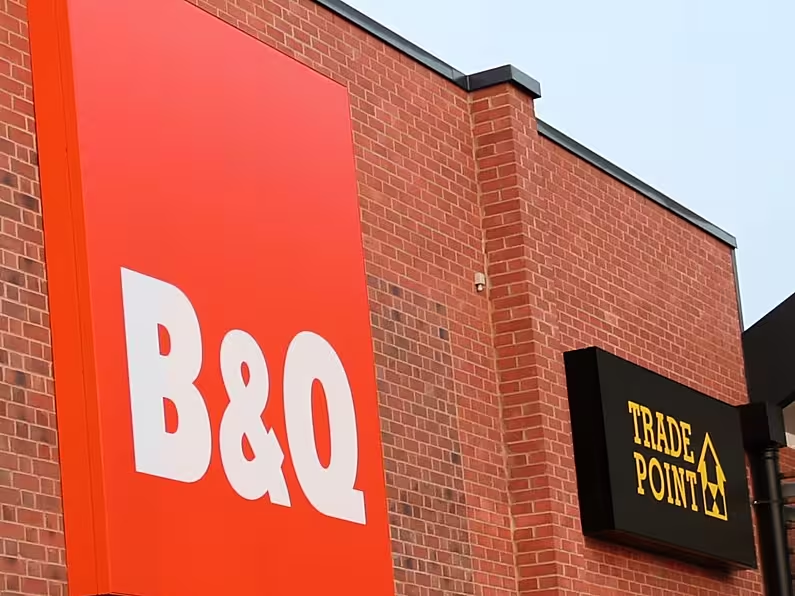Vivienne Clarke
The chief executive of the Electoral Commission, Art O’Leary, has said there needs to be a better understanding of why people did not vote in last week’s local and European elections so that solutions can be found.
Speaking on RTÉ radio’s Morning Ireland, Mr O’Leary explained that such action would ultimately involve education, information and public engagement.
“We need to be in schools and universities, but also in groups that traditionally don't get engaged.”
"There were many reason why people did not vote, there wasn’t a simple answer. Many issues affected turnout, he said. The turnout for this year was “slightly” less than the figure for 2019, at almost 50 percent.
“We need to place that in context, because the electoral register grew by almost 250,000, between 2019 and 2024. So in fact, there were nearly 100,000 extra voters came out to vote last Friday. But we're doing a voter survey at the moment, and we'll have some more concrete data in the weeks ahead. But I think it's notable, that the weather was good, so that wasn't really a factor.
"But it was the first week in June. It's slightly larger than the last time in 2019. It's the first week of the holiday season. Secondary schools had closed the week before as well.”
Mr O’Leary acknowledged that the turnout had been dropping consistently in the last 20 years, it was 58 per cent 20 years ago. This indicated the scale of the challenge for the Electoral Commission, he said.
“We were established a year ago. This isn't something we can fix in a single six week campaign. There are many elections to come in the next 18 months. So we'll have an opportunity to learn as much as we can about voter behaviour, because we know nothing about voters in this country, and we know even less about would be, could be and should be voters too.
"Which is why we're gathering the data to better understand why people don't engage as well. And we're speaking to various groups who traditionally don't engage - members of the Traveller community, young people, people with a disability, the immigrant community. And these are a challenge for us. But it's the challenge that we're going to embrace. We're looking forward to it.”
While the overall turnout figure was around the 50 percent mark, in some parts of the country it was incredibly high – the turnout in Delvin, Co Westmeath was 93 percent.
“We should congratulate them for gathering together and coming out to vote in such greater numbers.”
The level of spoiled votes dropped by 30 per cent even with the increased number of voters. “We had 77,000 spoiled votes. This is still 77,000 too many.”
Some votes had been spoiled intentionally, he added, including one where somebody had given a number one to everyone on the ballot and then wrote at the top “as promised”.



